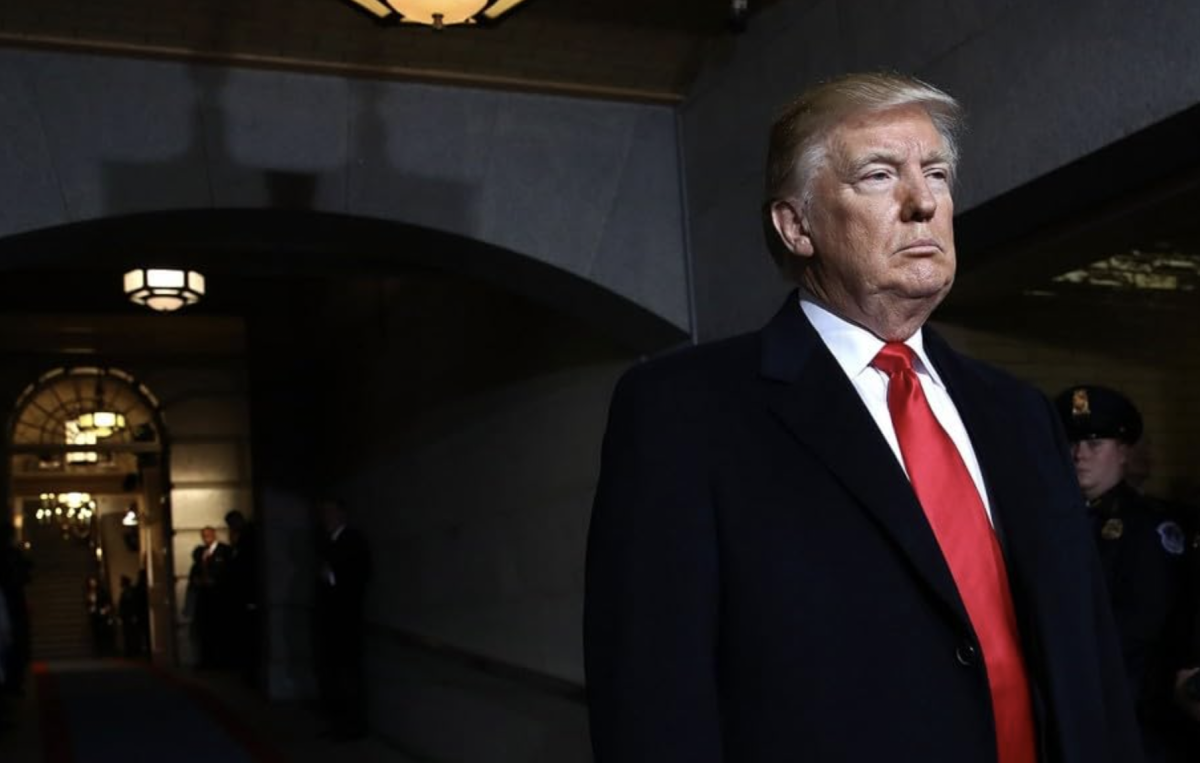
Around a square table in Thompson Hall on Monday, around 10 faculty members and students gathered to hear visiting lecturer Laura Reed talk about the change in American nuclear disarmament policy under the Obama Administration.
Reed, whose research focuses on disarmament, American national security policy and humanitarian intervention, said that the surprise election of Donald Trump to the presidency had changed the way she talked about President Barack Obama’s nuclear legacy.
“This was initially going to be a more critical talk but now I’m feeling a little more humane,” Reed said to laughs from the people in attendance.
Reed’s discussion focused on the ramifications of the Prague Agenda, which emerged from a 2009 speech in the Czech city in which Obama drastically changed the vocal position of the American government on nuclear weapons.
While there has historically been a “bipartisan consensus” in American government that nuclear proliferation has prevented the outbreak of war between major countries, Reed said Obama’s speech in Prague sent an entirely new message to the rest of the globe.
“He came in in 2009 and in a momentous speech, the United States stated for the first time at the highest official level that the U.S. would pursue a nuclear-free world,” Reed said.
Reed described the impact of the speech at an academic convention in Washington D.C. where, as the speech was being broadcast over a large monitor, the attendees broke out into cheers.
“At the time, this was seen as this dramatic turning point,” Reed said. “There have been a few other moments on par with this going back in time.”
The Baruch Plan, proposed by the United States to the United Nations in 1946, and the Reykjavik Talks, in which President Ronald Reagan and U.S.S.R. Secretary-General Mikhail Gorbachev negotiated nuclear disarmament, were used as examples by Reed as times when the world was close to disarmament.
In both instances the plans went astray. The Baruch Plan was refused by the Soviet Union, Reed said, and Reagan’s advisers later encouraged him against pursuing disarmament.
Reed said at the time of Obama’s Prague speech, the world was ready for another brush with disarmament.
“There was a hope at the time there was actually going to be a fundamental change in our nuclear weapons policy,” she said.
Reed said the Obama Administration had taken a number of steps toward a nuclear-free world, such as the New START nuclear arms reduction treaty between the United States and Russia and the nuclear deal with Iran, which Reed said was important for bringing the two countries away from the brink of war.
Reed also said a reassessment was passed in 2010 which narrowed the list of scenarios in which the U.S. would use a nuclear weapon against another state.
“Obama thinks the inevitability of nuclear [weapons] growth is the inevitability of nuclear [weapons] use,” Reed said. “This represented a profound shift in the national defense intellectuals.”
However, Reed said that in Obama’s case the “long-term goals are crowded by the short-term crises,” meaning the progress toward a nuclear-free world was slowed by immediate areas of focus.
In particular, congressional opposition to the New START treaty resulted in Obama’s devotion to modernizing current nuclear weapons to appease members of Congress.
Reed said many modern nuclear weapons systems were nearing the ends of their lives and that there is a tremendous cost in renewing them.
Reed ended the conversation by saying that as the only country to have used a nuclear weapon against another country, the U.S. has a responsibility to take global leadership on this issue.
Joshua Murray, a junior studying journalism, said nuclear disarmament is a complicated subject and that it appears more hopeful than he initially thought.
“It’s something I don’t know very much about,” Murray said. “I wanted to learn more considering Trump’s talk about using the bombs in the primary.”
Stuart Foster can be reached at [email protected] or followed on Twitter @Stuart_C_Foster.



















David Hunt 1990 • Dec 6, 2016 at 9:47 am
Sounds to me like those who want a nuclear-weapon free world have listened to Lennon’s “Imagine” too many times.
Because some people WILL not put aside nuclear weapons, e.g., Iran’s pursuit of them, others DARE NOT.